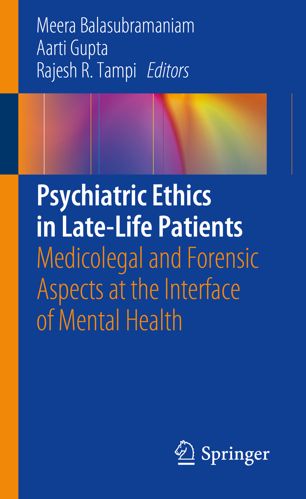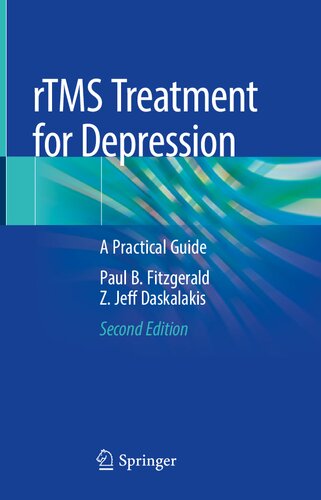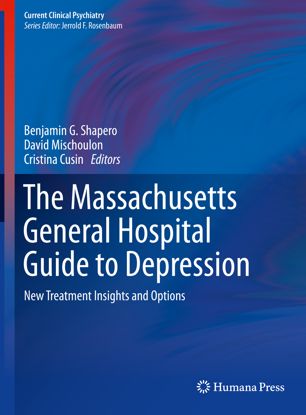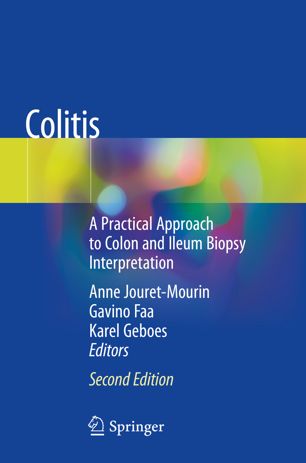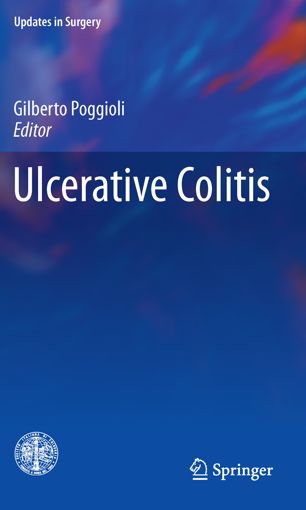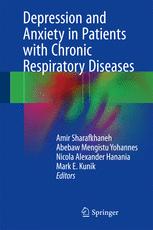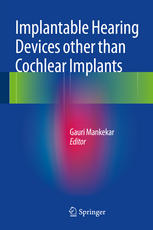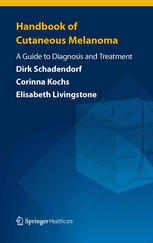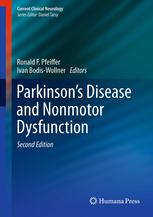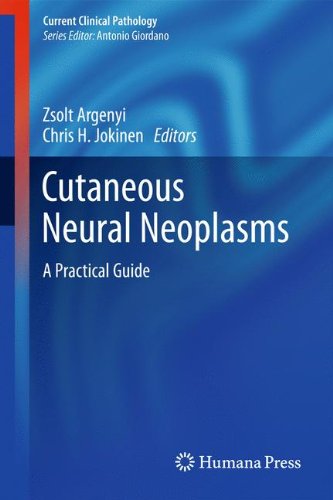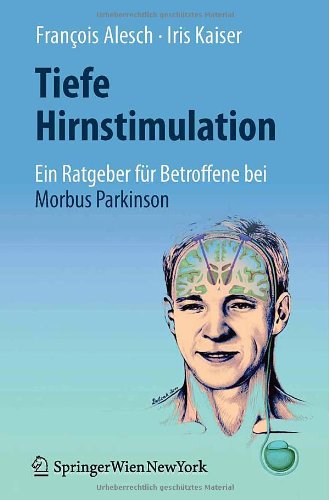اخلاق روانپزشکی در بیماران اواخر عمر: جنبه های قانونی و پزشکی قانونی در رابط سلامت روان ۲۰۱۹
Psychiatric Ethics in Late-Life Patients: Medicolegal and Forensic Aspects at the Interface of Mental Health 2019
دانلود کتاب اخلاق روانپزشکی در بیماران اواخر عمر: جنبه های قانونی و پزشکی قانونی در رابط سلامت روان ۲۰۱۹ (Psychiatric Ethics in Late-Life Patients: Medicolegal and Forensic Aspects at the Interface of Mental Health 2019) با لینک مستقیم و فرمت pdf (پی دی اف)
| نویسنده |
Aarti Gupta, Meera Balasubramaniam, Rajesh R. Tampi |
|---|
| تعداد صفحهها |
246 |
|---|---|
| نوع فایل |
|
| حجم |
3 Mb |
| سال انتشار |
2019 |
89,000 تومان
معرفی کتاب اخلاق روانپزشکی در بیماران اواخر عمر: جنبه های قانونی و پزشکی قانونی در رابط سلامت روان ۲۰۱۹
فرآیند پیری اغلب با تغییراتی در عملکرد فیزیکی و ذهنی افراد مسن همراه است که استقلال آنها را به چالش می کشد و آنها را در برابر استثمار آسیب پذیر می کند. برخی از شایع ترین بیماری ها در میان افراد مسن می تواند بر توانایی آنها برای عملکرد مستقل تأثیر بگذارد. اینها شامل توانایی تصمیم گیری پزشکی، زندگی مستقل، و مدیریت امور مالی است. متخصصان مراقبت های بهداشتی، به ویژه روانپزشکان، اغلب مسئولیت ارزیابی توانایی افراد مسن در انجام یک یا چند عملکرد را بر عهده دارند. این امر ایجاب می کند که آنها از این مسائل آگاه باشند، نیاز به این ارزیابی ها را درک کنند و بتوانند آنها را به صورت جامع انجام دهند. یکی دیگر از راه های محافظت از حقوق سالمندان و آسان تر کردن زندگی بر اساس تصمیمات خود حتی پس از از دست دادن توانایی تصمیم گیری، برنامه ریزی مراقبت های بهداشتی پیشرفته (AHCP) است. از متخصصان مراقبت های بهداشتی خواسته می شود تا بحثی را در مورد AHCP با بیماران و خانواده های خود آغاز کنند و به طور دوره ای آن را بررسی کنند.
در نهایت، سالمندان زندانی در زندان ها گروهی هستند که تعداد آنها در حال افزایش است. آنها نیازهای منحصر به فردی در تقاطع خدمات سالمندان و پزشکی قانونی دارند، اما اغلب توسط هر دو خدمات به حاشیه رانده می شوند. ترکیبی از کیفیت پایین زندگی و افزایش هزینه ها، مراقبت از سالمندان در سیستم عدالت کیفری را به یک نگرانی مهم بهداشت عمومی تبدیل می کند. نیاز فوری به آموزش بهتر کارکنان زندان در زمینه مسائل روانپزشکی سالمندان وجود دارد. ارزیابی مسئولیت کیفری و صلاحیت تعقیب کیفری در مجرمان مسن از دیگر مسائل پیچیده اما مورد مطالعه قرار نگرفته است.
این کتاب پیشنهادی دیدگاهی جامع از مسائل اخلاقی، پزشکی و حقوقی ارائه خواهد کرد که در عمل بالینی مفید خواهد بود. سه بخش فرعی وجود خواهد داشت که هر کدام به ترتیب بر مسائل اخلاقی، پزشکی و حقوقی تمرکز دارند. بخش اول به مسائل اخلاقی می پردازد. فصل اول آن مروری بر چگونگی تأثیر سن و فرآیند پیری بر تصمیم گیری و ارائه ابعاد اخلاقی منحصر به فرد برای مراقبت های بالینی ارائه می کند. این با بحث در مورد مفاهیم رضایت آگاهانه و ارزیابی ظرفیت دنبال خواهد شد. فصول بعدی بر سناریوهای رایجی که در مراقبت از بیماران سالمند به وجود می آیند تمرکز می کنند و رویکردی عملی برای درک و مدیریت آنها ارائه می کنند. این شامل ارزیابی توانایی تصمیم گیری پزشکی، توانایی زندگی مستقل، مدیریت امور مالی، رانندگی ماشین، داشتن روابط جنسی و غیره می شود. فصلی در مورد مسائل اخلاقی زوال عقل، مسائل مربوط به افشای تشخیصی و آزمایش ژنتیک را تشریح خواهد کرد. مسائل اخلاقی تحقیق در روانپزشکی سالمندان نیز نشان داده خواهد شد.
بخش بعدی کتاب بر تصمیم گیری جایگزین در افراد مسن تر که تصور می شود توانایی انجام مستقل یک یا چند وظیفه را ندارند، تمرکز خواهد کرد. فصل اول در این بخش فرعی بر ابزارهای برنامه ریزی مراقبت های بهداشتی پیشرفته با هدایت بیمار، وصیت نامه زندگی و وکالتنامه متمرکز خواهد بود. این با مروری بر کار جایگزینی پیش فرض دنبال می شود. سپس سرپرستی تحت پوشش قرار می گیرد. فصل جداگانه ای موضوع آزار سالمندان را پوشش می دهد و رویکردی برای ارزیابی آن را مورد بحث قرار می دهد.
بخش پایانی کتاب به مسائل پزشکی قانونی در روانپزشکی سالمندان می پردازد. فصل اول به بحث در مورد افراد مسن در سیستم عدالت کیفری از دیدگاه اپیدمیولوژیک می پردازد. تعداد فزاینده سالمندان زندانی، بار بیماری آنها و چالش های موجود در تشخیص و مدیریت اختلالات عصبی شناختی در یک محیط زندان نشان داده خواهد شد. فصل بعدی صلاحیت قضایی را با اشاره به مجرمان مسن مورد بحث قرار خواهد داد. این با بحث در مورد مفاهیم تعویق پزشکی، و آزادی دلسوزانه، و همچنین برنامه ها و سیاست های مدلی که در حال حاضر برای بزرگسالان زندانی عمل می کند، دنبال خواهد شد.
Lastly, the older adults incarcerated in prisons is a group that is growing in numbers. They have unique needs at the intersection of the geriatric and forensic services, but are often marginalized by both services. The combination of poor quality of life and increasing costs makes the care of older adults in the criminal justice system makes this topic an important public health concern. There is a pressing need for better training of prison staff in issues of geriatric psychiatry. Assessment of criminal responsibility and competence to stand trial in aging offenders are other complex but under-studied issues.
This proposed book will provide a comprehensive view of ethical, medicolegal, and forensic issues that will be useful in clinical practice. There will be three sub-sections, each focusing on ethical, medicolegal and forensic issues respectively. The first section will focus on ethical issues. Its first chapters will provide an overview of the how age and the process of aging influence decision-making and introduce unique ethical dimensions to clinical care. This will be followed by a discussion of the concepts of informed consent and capacity evaluation. The next chapters will focus on common scenarios that arise in the care of elderly patients and offer a practical approach to understanding and managing them. These will include assessments of the capacity to make medical decisions, the capacity to live independently, manage finances, drive a vehicle, have sexual relations etc. A chapter on ethical issues specific to dementia will outline issues related to diagnostic disclosure and genetic testing. Research ethics issues in geriatric psychiatry will also be outlined.
The next section of the book will focus on surrogate decision making in an older adult who has been deemed to lack the capacity to serve one or more functions independently. The first chapters in this sub-section will focus on patient directed advance health care planning tools, namely, living will and power of attorney. This will be followed by an overview of default surrogate making. Guardianship will subsequently be covered. A separate chapter will cover the issue of elder abuse and discuss an approach to assessing it.
The last section of the book will cover forensic issues in geriatric psychiatry. The first chapter will discuss aging older adults in the criminal justice system from an epidemiological perspective. The growing numbers of incarcerated older adults, their illness burden, the challenges in the diagnosis and management of neurocognitive disorders in the prison setting will be elucidated. The following chapter will discuss competence to stand trial with reference to elderly offenders. This will be followed by a discussion of the concepts of medical reprieve, compassionate release as well as model programs and policies currently in the works for older incarcerated adults.


